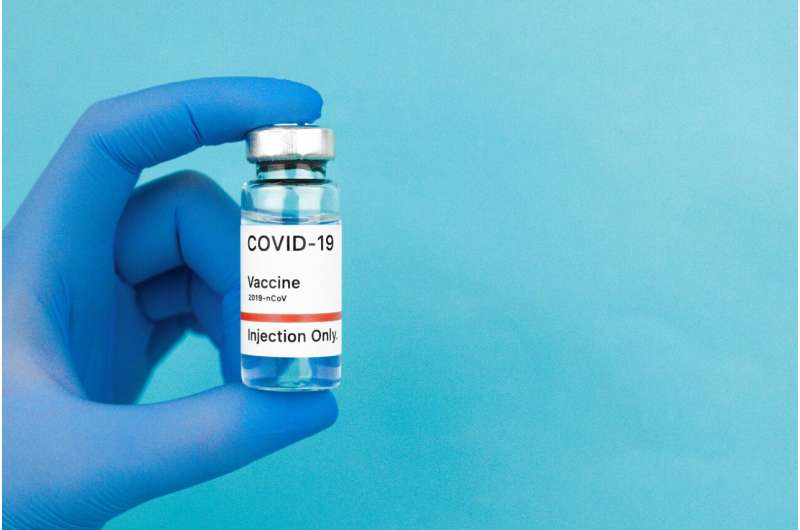Enhancing Diabetes Management in Older Adults Through Mobile Health Applications

Mobile health applications can play a crucial role in helping older adults effectively manage diabetes, improve blood glucose levels, and adhere to medication routines. Recent studies suggest tailored digital solutions could further enhance health outcomes in this demographic.
Recent research highlights the growing role of mobile health applications in supporting older adults with diabetes. A study conducted by researchers at the University of Georgia and University of Illinois Urbana-Champaign, published in the Journal of Medical Internet Research, demonstrates that these digital tools can significantly assist in managing blood glucose levels and medication adherence among seniors. The study reviewed over 4,000 publications, selecting seven randomized controlled trials involving 490 participants, to analyze the effectiveness of health apps designed for this demographic.
The findings reveal that seniors using health apps experienced a notable decrease in glycated hemoglobin (HbA1c) levels, averaging a 0.4-point reduction. This change is clinically meaningful, potentially transitioning individuals from the prediabetic to the normal diagnostic range. Apps that facilitate connection with healthcare providers and include educational content and health-tracking features were especially effective. Furthermore, these tools showed promise in helping users stay on prescribed medication routines, which is crucial for chronic disease management.
Despite these positive outcomes, the research also points out challenges such as the decline in app usage over time, indicating a need for strategies to promote sustained engagement. Importantly, many of the apps studied were not specifically tailored for older populations, suggesting that customizing these digital solutions to meet seniors' individual needs and preferences could enhance their effectiveness.
Overall, this research underscores the potential of well-designed mobile health apps to improve diabetes control among older adults, with tailored interventions possibly offering even greater benefits in the future.
source: https://medicalxpress.com/news/2025-10-mobile-health-apps-older-adults.html
Stay Updated with Mia's Feed
Get the latest health & wellness insights delivered straight to your inbox.
Related Articles
COVID Resurgence in California: What the Summer Holds
California is experiencing a COVID resurgence this summer, with regional and wastewater data indicating rising infections. Experts warn to remain vigilant and get vaccinated to mitigate the impact of the potential wave.
Menstrual Cycle Phases and Reproductive Stages Influence Anger and Irritability Levels
Recent research reveals that menstrual cycle phases and reproductive stages significantly impact anger and irritability levels in women, especially during menopause transition. Understanding these emotional patterns can help in providing better support during this crucial life phase.
FDA Approves Pembrolizumab for Resectable Head and Neck Cancer with PD-L1 Expression
The FDA has approved pembrolizumab for treating resectable head and neck squamous cell carcinoma with PD-L1 expression, marking a major advancement in cancer immunotherapy based on promising clinical trial results.
Recall of Zicam and Orajel Swabs Due to Fungal Contamination Risk
Certain Zicam and Orajel nasal and teething swabs are being recalled due to potential fungal contamination, posing health risks especially for children and immunocompromised individuals.



